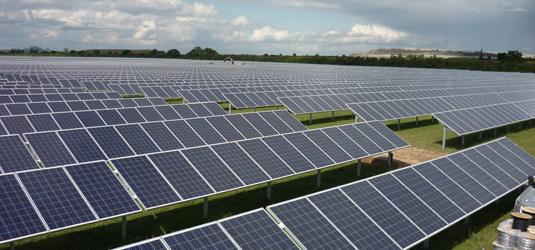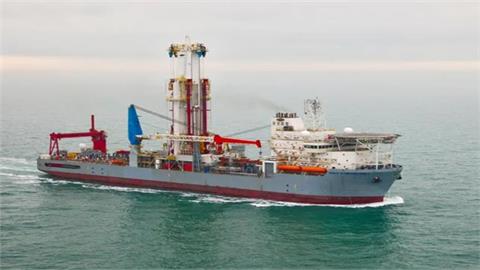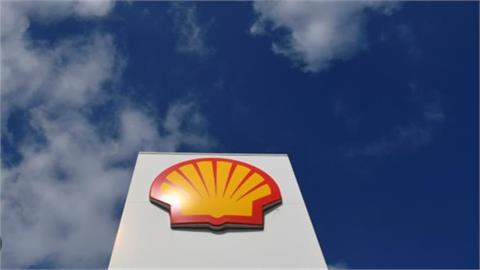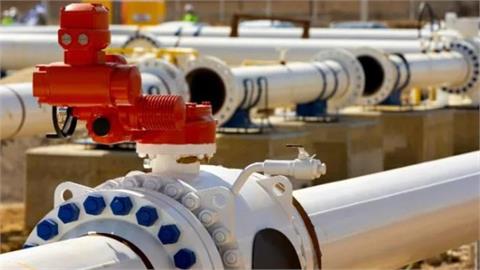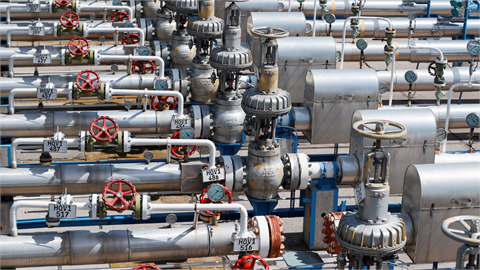by James Watson* Much has been made of the slowdown in the rate of installation of solar in Europe over the past few years. From the peak of 2011, the rate of solar deployment has almost consistently decreased year on year, with the exception of 2015. There are a number of challenges that impact the sector from the withdrawal of incentive schemes, through trade barriers and the overall cost of capital
Much has been made of the slowdown in the rate of installation of solar in Europe over the past few years.
From the peak of 2011, the rate of solar deployment has almost consistently decreased year on year, with the exception of 2015. There are a number of challenges that impact the sector from the withdrawal of incentive schemes, through trade barriers and the overall cost of capital. Much of the focus of attention is on the challenges facing solar in Europe, including our work, as you would expect.
Nevertheless, this year will see Europe be the first region to install 100GW of solar power, a cause for celebration as this is the fastest deployment of any energy technology ever. In a little over 8 years solar has gone from being a niche technology, to fully mainstreaming and contributing around 8% to electricity demand in Italy, Germany and Greece. That is why we will host a celebratory 100GW event on 29 September in Brussels, with the Vice-President of the European Commission, responsible for energy, giving the keynote speech. More on the event and the sponsorship opportunities can be found in this month's newsletter.
The next question that comes into our minds is 'how long will the next 100GW take?'
A fair question given the slide in rates of installation in the last 5 years. If we do on average 7GW a year from here on in it would take to 2030 to get there, surely not fast enough to thwart climate change and global warming.
The good news is that some countries are already beginning to act. France has set a target of 20 GW of solar to be installed by 2023, you can read Giorgia's full article on this in this month's newsletter. This is surely a response to Frances leadership at COP21 and at the launch of the International Solar Alliance. Poland is set to hold a tender for solar in July. Spain may be waking from the long hibernation of installations it has suffered. In Germany the KfW incentives for energy storage contributed to 40% of the solar installations in 2015. If the signing of the Paris Agreement in New York last month has any value we can expect to see a stronger renewables framework in Europe, as you know we are calling for an upping of the target from 27% to 35% to deliver the energy transition needed to win the climate war.
Europe may not be seeing the rapid growth of other areas at the moment, but there are reasons for cautious optimism and expectation of a stable and growing market in Europe again soon.
* CEO of SolarPower Europe
(www.solarpowereurope.org)
